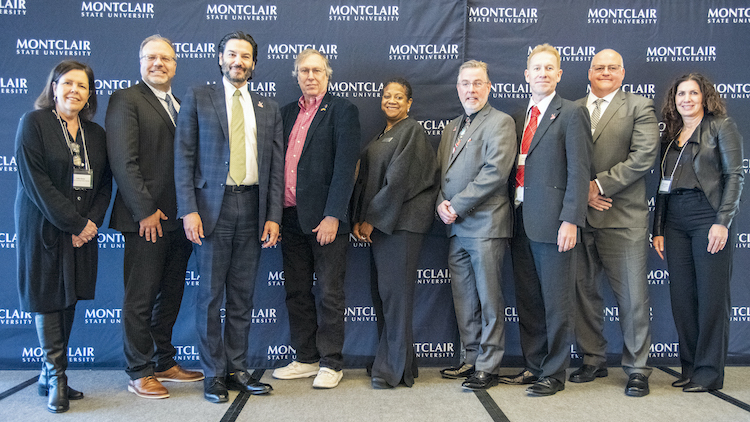Founded by three charter school networks, Relay stresses skills-based modules over academic theory
By John Mooney
The Christie administration has conditionally approved New Jersey’s first graduate education program not affiliated with an in-state college or university, stirring up the state’s teacher education establishment in the process.
State Secretary of Higher Education Rochelle Hendricks last month informed the New York City-based Relay Graduate School of Education that it can open a master’s degree program in Newark next fall.
Launched in New York in 2011, the program has made news — and waves — since its start. It was created by leaders of three prominent charter school networks and aims specifically at teachers who work in low-income and urban charter schools.
Relay already runs an alternate certification program out of Newark’s North Star Academy Charter School, serving about 75 students a year mostly from charters in that city. North Star is part of the Uncommon Schools charter network, one of the three organizations behind Relay. The others are KIPP and Achievement First.
As Relay did when it launched a master’s program in New York, the application for a Newark campus has drawn opposition from the state’s teacher colleges. Understandably so: Its approach replaces graduate-level coursework based on academic theory and research with skills-based workshops and “modules” on topics like classroom management, planning, and assessment.
“Fundamentally, it’s about what defines a graduate degree, with the distinction between what is basically a training program and one that represents a broader education,” said Christopher Campisano, director of Princeton University’s teacher preparation program.
Princeton was part of a consortium of 24 programs that opposed Relay’s application in a position statement sent in September, saying Relay “did not meet the standard” of a degree-granting program.
More>>



